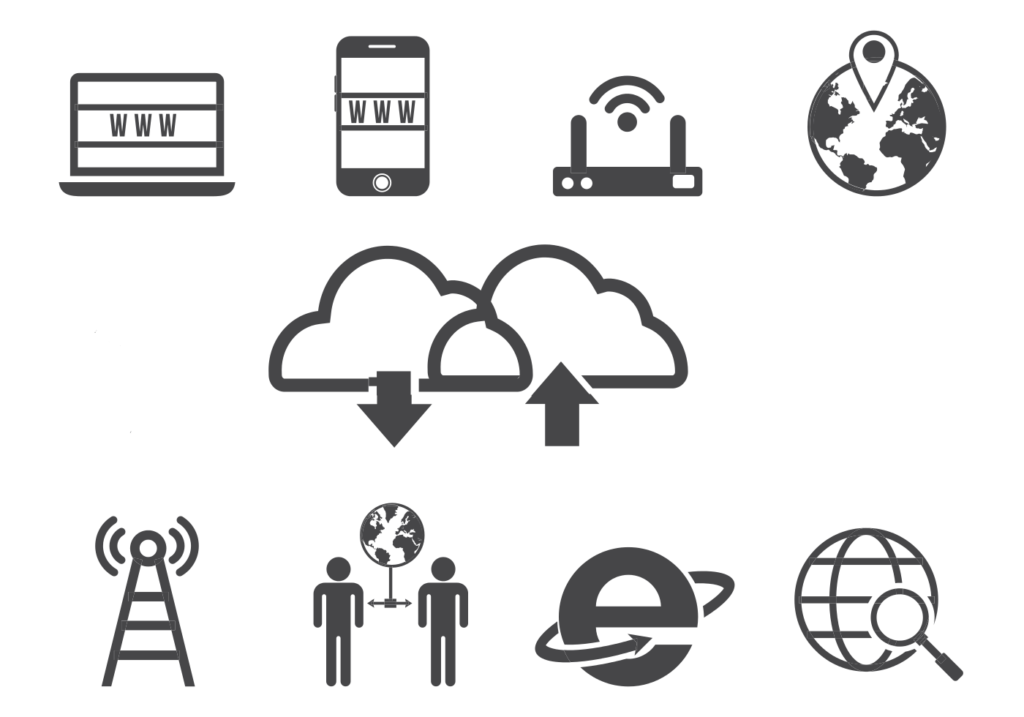The Cloud Technology is Making its Way
The future will take place in the cloud, where many things will be automated: programmed scripts will replace manual activities and save time and money. Companies are creating a library of IT-components, which can be used again and over again during ongoing operations. Automating routine-tasks does not only lead to drastic time savings, but also increases consistency within the infrastructure. New instances are created with a uniform and controlled configuration. Subsequent adjustments can be implemented across systems without having to take individual cases into account. All changes made are transparent and documented at all times.
However, the cloud computing market is dominated by American providers. Users run the risk of becoming dependent on these platforms and losing control of the important processes. The German start-up Meshcloud uses Open Source Technologies to reduce the dependency on individual cloud providers and offers companies the opportunity to build private and hybrid cloud environments on the same technology basis.
Combining two Open-Source-Technologies
Meshcloud relies on the widespread open source platforms OpenStack (IaaS)and the container-based Cloud Foundry(PaaS), both of which are supported by large communities. With OpenStack, the company offers classic cloud infrastructure services such as compute, storage or network resources as well as a container runtime environment and platform services (such as PostreSQL or MongoDB) with Cloud Foundry. Through this, the platform covers the entire cloud stack. The special cloud: Meshcloud develops a Federation Layer, which integrates these platforms and also connects them with each other across locations; the platform is therefore a „mesh“ of cloud technologies and locations. A user can freely switch between platforms and locations with his account to create his application. Other cloud technologies such as Kubernetes can also be integrated.
Offering standardized cloud services enables high price and performance transparency and protects against unexpected or hidden scaling costs. Several locations in Europe guarantee data protection by European law, but also enable the simple construction of a decentralised infrastructure.
Advantages of the Meshcloud Platform
The Meshcloud Platform integrates all cloud platforms used in a company and thus offers the following advantages:
- Reduce the onboarding time of developers by up to 80 %: Developers can self-serve resources and start programming directly without waiting for access to cloud platforms.
- Shortening the time-to-market: The time of the developers is used more efficiently, since manual routine tasks are eliminated. In addition, new technologies can be introduced more quickly, because the associated processes are already on the platform and do not need to be set up again.
- Reduce the administrative costs of multi-cloud environments: Dependency resolution and the associated autonomy of developers and administrators reduce management costs.
- Increase security in multi-cloud environments: Shadow IT, i.e. the use of unauthorized IT-services, is considered to be the greatest security risk for IT. By centralizing identity and access management for all cloud platforms used, the access can be controlled and managed across clouds.
In 2017, Meshcloud won the start-up competition of the German Federal Ministry of Economics and Technology. In the future, Meshcloud wants to grow further and open the way to cloud technology not only for large companies, but also for medium-sized businesses. We can look forward to seeing where the road may lead.
